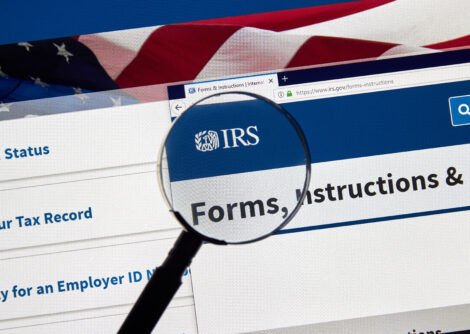Napa Legal’s new Index helps nonprofit leaders evaluate whether a state will advance or inhibit their ability to fulfill their mission.
Last week, Napa Legal released the Faith and Freedom Index, ranking states by their friendliness to religious nonprofit organizations.
The study finds that only nine states score above 50%, meaning faith-based organizations in most states face legal obstacles to carrying out their missions. Alabama and Texas rank the highest; Nevada and Michigan the lowest.
Napa Legal, a nonprofit itself, helps faith-based nonprofits maintain legal compliance and avoid litigation. Napa Legal believes that it promotes the common good for state policy to facilitate, not encumber, the work of religious organizations.
The Index lets leaders evaluate whether a state will advance or inhabit their work. Scores are weighted by the degree to which each factor influences an organization’s ability to carry out its mission. For instance, the right to free exercise is weighted more heavily than an exemption from property taxes.
All states must abide by the First Amendment, but Alabama is the only state that includes additional protections of religious freedom in its state constitution. It includes a state Religious Freedom Restoration Act (RFRA), one of the most-heavily weighted factors on the index. The RFRA ensures generally applicable laws will not burden religious freedom.
In the 1997 case City of Boerne v. Flores, the Supreme Court invalidated the federal RFRA as it applies to states. Illinois, therefore, has its own statutory RFRA. In Chicago, a faith-based school applied for a conditional-use permit for a three-acre property. The government denied the permit arbitrarily, but the RFRA enabled the school to demand that the denial undergo strict scrutiny.
Through its range of possible scores, the Index maps where even low-performing states could violate religious freedoms further but don’t. For example, no state receives the lowest available score for protecting religious freedom under states of emergency, as no state characterizes religion as a nonessential activity.
In the regulatory freedom category, the Index penalizes unnecessary regulations like New Jersey’s audit requirement. The state requires organizations that receive more than $500,000 in donations annually to submit audited financial statements. According to the Index, this requirement could eat up 20% of a small organization’s budget.
California outperforms most states in friendly regulatory policies. Its Nonprofit Corporation Law expressly protects nonprofit religious corporations’ right to self-government in internal affairs. It permits directors to rely on guidance from religious leaders of their faith traditions. In contrast, some states, including Washington, require that this guidance come only from those employed by the organization.
The Index’s scoring methodology destroys the myth of neutrality. It rates more highly states that offer automatic, not eventual, religious exemptions; that codify religious freedom at the highest level of protection—the state constitution—rather than protect it by statue alone, which could change with a change in leadership; that punish actual, not potential, wrongdoing; and that protect religious freedom expressly, not implicitly. At the heart of the report is the question, how much should religion shape civil society?
Napa Legal will update the Faith and Freedom Index regularly as state policies change.






